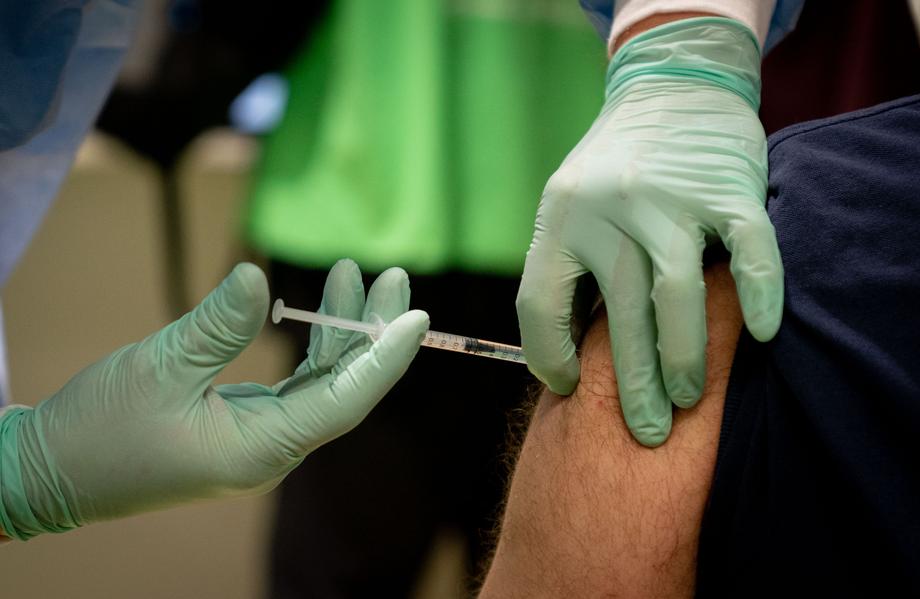After the first dose of Pfizer you can still get new strains of the coronavirus

A single dose of Pfizer vaccine against covid-19 may not produce a sufficient immune response to protect against the dominant new strains, except in those who have previously been infected with the coronavirus, according to a British study published last Friday.
Scientists from King's College studied the immune responses of health professionals in the UK after receiving the first dose of the Pfizer vaccine. They found that those who previously had a mild or asymptomatic infection with covid-19 had stronger protection against infectious mutant strains that first appeared in the UK and South Africa.
A study by Imperial College examining the immune response of healthcare professionals in the UK to their first dose of Pfizer vaccine has found that those with a mild or asymptomatic infection have strengthened their defenses against mutated variants of the virus that have appeared in Great Britain and South Africa.
The researchers who led the study noted that "the immune response after the first dose of the vaccine was weaker in people who were not previously infected, which could potentially put them at risk for new variants."
- Research shows how important the second dose of the vaccine is. "People who have received the first dose of the vaccine and who have not previously been infected with SARS-CoV-2 are not completely protected by the new, worrying strains," said immunologist Rosemary Boyton.
Experts analyzed blood samples for the presence and level of immunity against the source strain, as well as the so-called. British variants known as B.1.1.7 and the South African strain B.1.351.
They found that after the first dose of Pfizer vaccine, the enhanced immune response in the form of T cells, B cells and neutralizing antibodies was largely linked to the previous infection.
In people who did not have covid-19, a single dose of the vaccine, however, produced neutralizing antibodies against the original virus and its mutated variants, but at lower levels.
Danny Altman, professor of immunology at Imperial College, said this meant that for those vaccinated with Pfizer, there was a period of vulnerability between the first and second doses of the vaccine.


